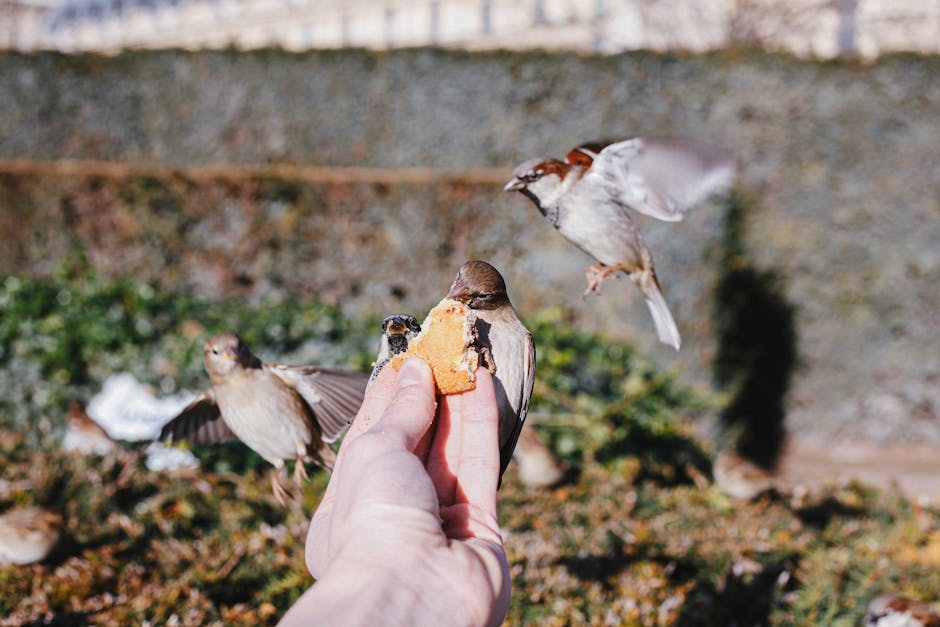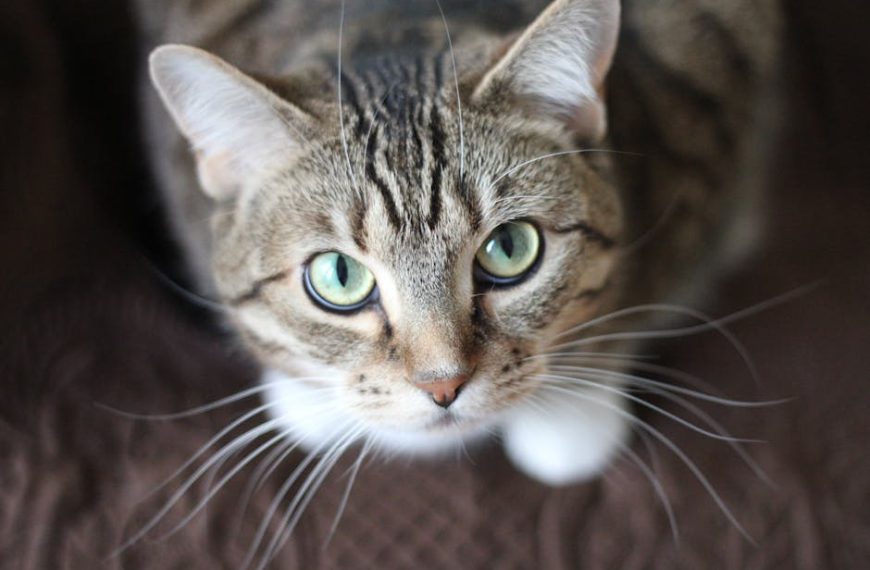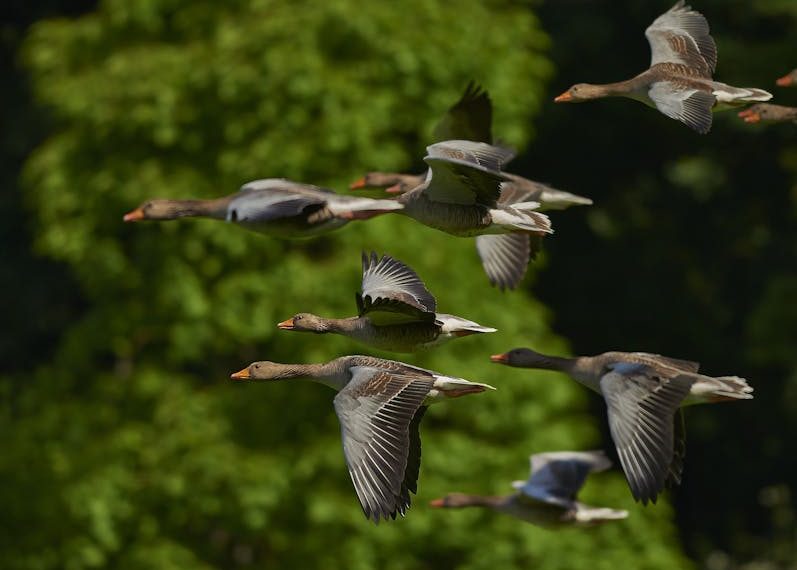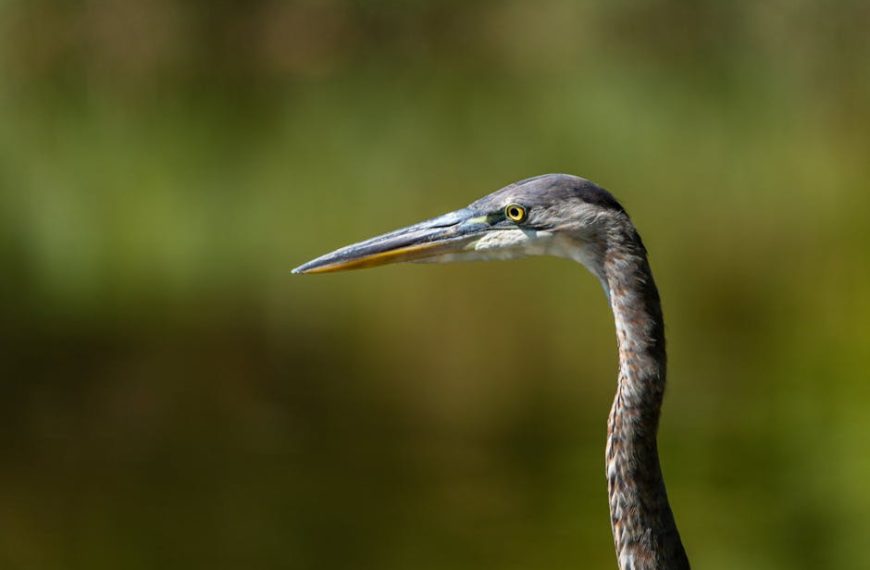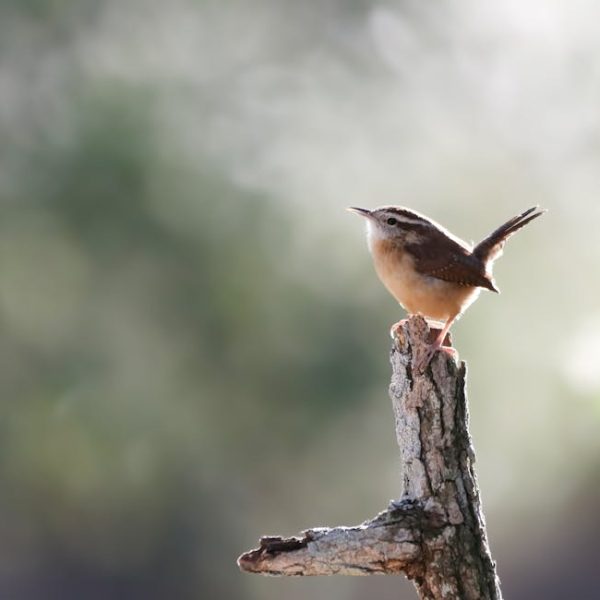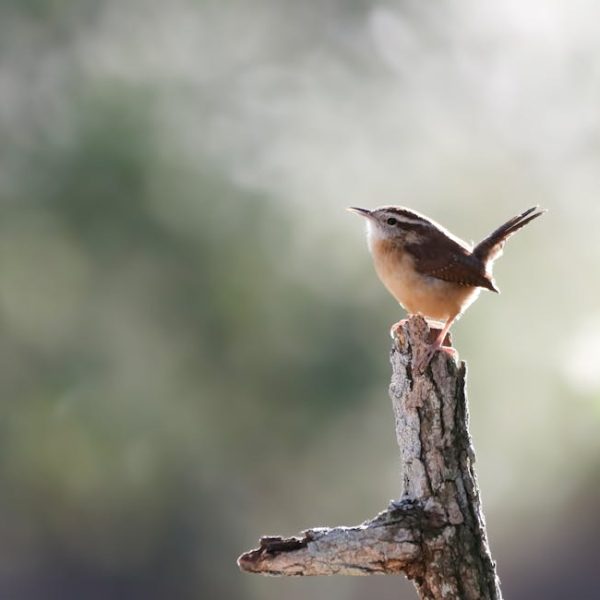Birds fight for a variety of reasons similar to why humans have disputes. They may be simple misunderstandings, consequence of their nature being territorial, communication disruptions, or a result of hormonal changes. The key message here is not to stop the fights but manage and prevent them with the right understanding and strategies. This article dives deeply into why birds fight and provides a wide range of practical solutions to mitigate these issues.
Understanding the Nature and Behavior of Birds
Birds are wonderful creatures. Their behaviors and mannerisms are a representation of their survival and adaptation mechanisms. Aggressive posturing and territoriality are common behaviors in bird species. It’s their way of expressing dominance and protecting their space, resources, and potential mates. Understanding such natural behaviors will help bird owners find common ground with their feathered friends, and paint a clear picture of their actions.
- Pro Tip: Observing your bird’s natural tendencies regularly will help you discern when the behavior becomes detrimental, and you can step in timely to mitigate it.
Identifying Causes: Why Birds Might Fight
Birds may fight for a variety of reasons. They may be purely territorial, or due to changes in their environment, hormones, or social structure. These triggers, culminated with their individual personalities, sometimes turn their interactions into fights.
Common reasons for aggression include:
- Mating seasons
- Conflicting personal space
- Introduction of new elements or changes in the environment
- Sleep deprivation
Certain situations, such as having a well-established routine, help in decreasing the likelihood of fights. On the contrary, instances like crowding multiple birds in a small space can cause frequent disputes.
Signs of Aggressive or Fighting Behavior to Watch For
To ensure the wellbeing of your pet birds, it’s crucial to recognize when they’re headed towards a fight. Alert signs may include sudden behavior changes, or uncommonly loud and continuous chirping, and noticeably aggressive postures.
Regular monitoring especially when introducing new birds, during the mating season, or when making significant changes in the environment, becomes crucial in such situations.
How to Safely Intervene During Bird Fights
It’s important to get involved when conflicts among birds get physical but equally important to ensure it’s done without risking further harm to them. One key tip is to always avoid direct involvement. Direct intervention might scare the birds, and they may perceive that as a threat leading to further aggression. Instead, using distractions to break the fight can be a safer approach.
Each confrontation is unique and should be handled carefully evaluating the possible risks and beneficial outcomes.
Solutions and Prevention Measures to Minimize Bird Fights
Implementing effective strategies to minimize triggers and prevent fights results in a more peaceful environment for your pet birds. From keeping birds in separate spaces, feeding them a balanced diet, maintaining consistent routines, to frequent cleaning and rotation of toys, each step contributes towards minimizing aggressive disputes.
- Pro Tip: Create a peaceful and harmonious environment for your bird’s overall wellbeing and to minimize aggressive behavior. This involves keeping noise and any disruptions to the minimum with a clean and comfortable living area, and regular interaction for healthy social stimulation.
Understanding the Nature and Behavior of Birds
Birds possess captivating behaviors that have intrigued people for centuries. Some behaviors may bemuse or even concern bird owners, particularly when it comes to aggression and territorial behaviors. In reality, these behaviors are a reflection of a bird’s natural instincts and serve as survival mechanisms that have evolved over time.
Specific bird species are more territorial, generally due to the need to protect potential mates or food resources, while others may display aggressive postures as a form of communication or dominance display. As a bird owner, understanding these behaviors can furnish greater insight into your feathered friend’s actions and emotions.
Pro Tip: Gain a comprehensive understanding of your bird’s characteristic behaviors. Observe their actions and reactions regularly to differentiate between regular defenses or communication tactics and severe aggressive behavior that may need intervention.
Identifying Causes: Why Birds Might Fight
Birds might fight due to various reasons that range from instinctual survival behaviors to responding to changes in their environment. Here are some common triggers:
- Mating seasons: Birds can become exceedingly territorial and aggressive during mating seasons as they compete for potential partners.
- Conflicting personal space: Birds are highly territorial creatures. Sharing the same space can trigger disputes, especially in smaller habitats.
- Introduction of new elements: New birds or items introduced into their environment can provoke territorial disputes.
- Sleep deprivation: Just like humans, a lack of sleep can make birds irritable and aggressive.
Through an understanding of these common triggers, bird owners can identify potential issues early and mitigate the chances of aggressive incidents.
Signs of Aggressive or Fighting Behavior to Watch For
Early detection of aggressive behavior is crucial in preventing serious disputes between birds. It’s essential to monitor any changes in their demeanor, communication, and behavior, especially under certain circumstances like a new bird introduction, mating season, or environmental changes. Some signs of aggression include:
- Sudden change in behavior
- Loud and continuous chirping
- Aggressive body postures
- Feather plucking or self-mutilation
Best Practice: Regular monitoring and behavioral assessment are key to early detection and prevention. Ensure that your birds have enough space, time for rest, and a calm and stable environment to minimize potential fights.
How to Safely Intervene During Bird Fights
When disputes escalate to physical altercations, bird owners may need to intervene for the safety of their pets. However, the method of intervention requires considerable thought, as improper actions can exacerbate the situation, provoke further aggression, or cause physical harm to the birds.
- Direct intervention
- Risky as birds might feel threatened and become more aggressive. Physical contact should be avoided if possible.
- Indirect intervention
- Using distraction techniques like introducing a new toy or changing the environment can safely break up a fight.
Solutions and Prevention Measures to Minimize Bird Fights
Proactive measures and strategies can significantly reduce aggressiveness and fights between birds. Here are a few solutions commonly recommended by avian behaviorists:
- Keeping birds in separate spaces to minimize territorial disputes
- Providing a balanced diet to ensure they are getting the proper nutrients can greatly affect their mood and behavior
- Maintaining consistent routines which can reduce stress and territorial behaviors
- Regularly cleaning and rotating toys to prevent territorial attachments and stimulate mental wellbeing
Pro Tip: Always strive to create a harmonious living environment for your birds. This involves keeping noise to a minimum, providing a clean and ample dwelling space, and scheduling regular social interactions.
Key Takeaway:
- Birds display aggressive or territorial behavior due to natural instincts, environmental changes, or social structure disruptions. Understanding these natural tendencies can help mitigate conflicts.
- Identifying fight triggers such as mating seasons, conflicting personal space, new elements, and sleep deprivation can aid in conflict prevention.
- Observing signs of aggressive behavior like sudden behavior changes or aggressive postures allows early detection and intervention.
- Intervening in bird fights safely is crucial. Indirect interventions such as distractions are generally safer than direct intervention.
- Proactive measures like keeping birds in separate spaces, maintaining a consistent routine, and rotating toys can help prevent fights.
Rest assured, occasionally witnessing your birds squabble is normal as long as it does not escalate into physical altercations. As a bird owner, focusing on prevention and understanding their behavior will provide a healthier environment for your feathered friends.
FAQs
Q: How can I introduce a new bird to my existing birds safely?
A: Start by housing the new bird separately and gradually allow them to observe each other. Once they’re familiar, introduce them in a neutral space to minimize territorial disputes. Remember, this process takes time and patience.
Q: Does the bird breed play a role in their aggressive behavior?
A: Yes, certain bird species are known to be more competitive and territorial than others. Researching your bird species’ common behaviors can give you a better understanding of what to expect.
Q: Can changes in diet affect my bird’s aggression levels?
A: Birds can become irritable or aggressive due to malnutrition or sudden diet changes. Offering a balanced diet full of essential nutrients can positively affect their behavior.
Q: What should I do if my bird keeps self-mutilating or feather plucking?
A: This could indicate stress or health issues. Consult an avian veterinarian for professional advice on how to address this condition.
Q: My birds appear to fight only during specific seasons. Why is that?
A: It’s likely during mating seasons when birds become particularly territorial. Being aware of your birds’ mating season helps you anticipate and manage potential conflicts.
Remember, your love and commitment to your birds’ wellbeing lie in understanding their behaviors and providing them a nurturing environment. Feel free to share this valuable knowledge with fellow bird owners and explore more pet care posts on our website.
